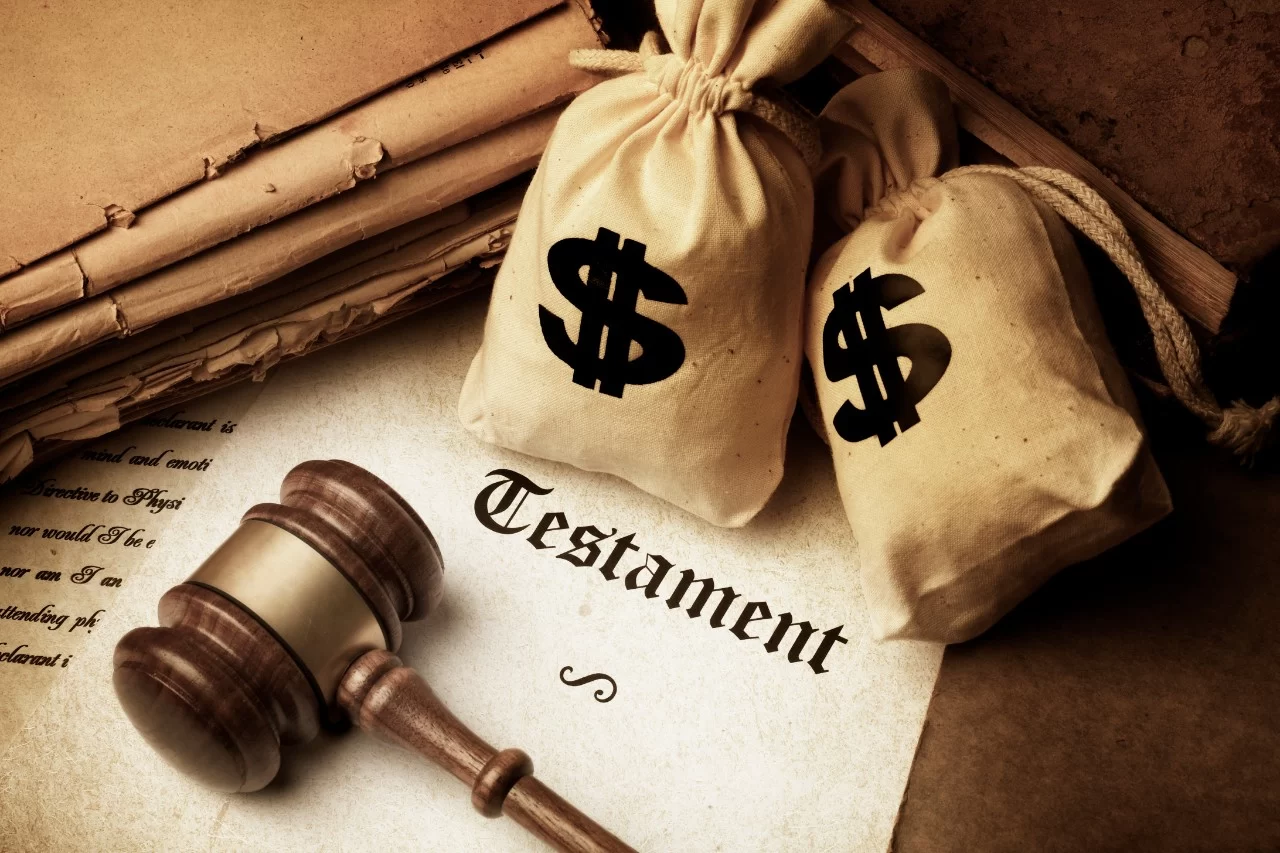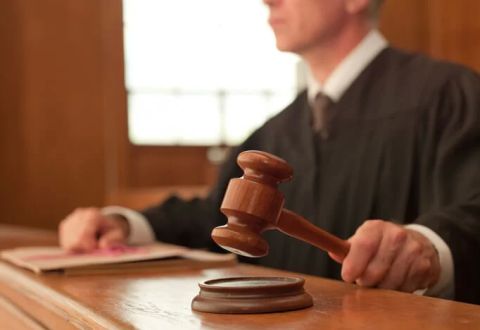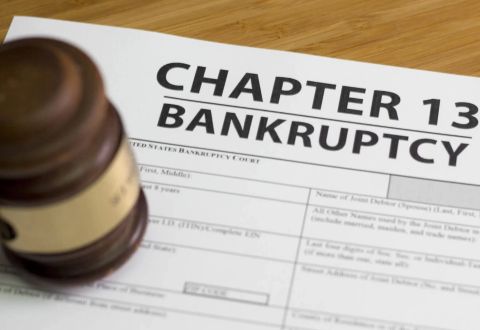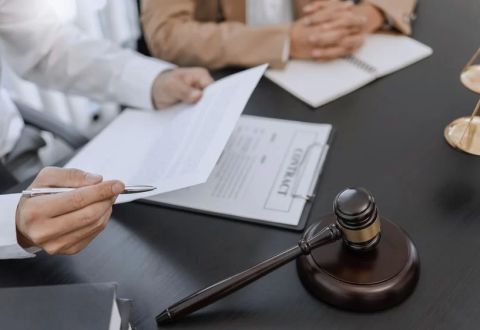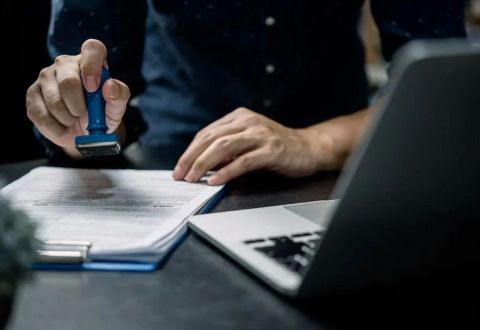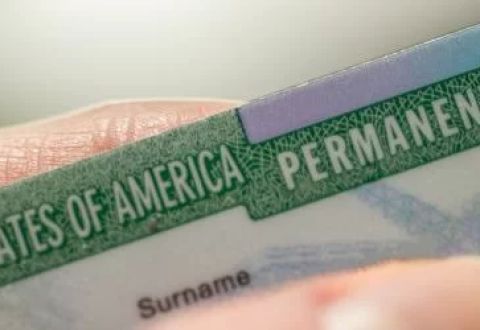Probate Law Consultation for Asset Distribution: Understanding Your Rights and Process
- What is Probate Law?
- Why You Need a Probate Law Consultation
- The Probate Process: Steps Involved in Asset Distribution
- The Role of a Probate Attorney
- Benefits of Probate Law Consultation for Asset Distribution
1. What is Probate Law?
Probate law refers to the legal process through which a deceased person’s estate is administered. This includes validating their will, ensuring debts are paid, and distributing assets to rightful beneficiaries. Probate law ensures that the deceased's wishes are followed as stated in their will, and it provides a legal structure for managing their estate.
Asset distribution is a critical part of the probate process. If you are named as an executor or beneficiary in a will, understanding the probate law consultation process is essential. A probate law consultation helps you navigate the complexities involved in asset distribution, ensuring all legal steps are properly followed.
2. Why You Need a Probate Law Consultation
Whether you are the executor of a will or a beneficiary, a probate law consultation can provide significant clarity. Probate laws vary by state, and having a consultation with an experienced probate attorney can ensure that you understand your rights and responsibilities throughout the process.
2.1 Ensuring Legal Compliance
Probate law consultation helps ensure that the probate process is carried out according to the law. Failing to follow proper procedures can result in delays, legal issues, and potential disputes between heirs. A legal consultation will guide you through the necessary steps, ensuring compliance and minimizing the risk of complications.
2.2 Clarifying Complex Legal Terms
The legal language used in probate proceedings can be complex and difficult to understand. A probate law consultation allows you to clarify any confusion about terms like "probate assets," "intestate," and "letters testamentary," helping you make informed decisions throughout the process.
3. The Probate Process: Steps Involved in Asset Distribution
The probate process involves several stages, and understanding each step is crucial to ensure the smooth distribution of assets. Below is a general outline of the typical probate process:
3.1 Filing the Will and Petitioning the Court
The first step is filing the deceased person's will with the probate court. If there is no will, the estate is distributed according to state laws (intestate succession). A petition to the court is required to open the probate process and officially begin the distribution of assets.
3.2 Identifying and Appraising the Estate’s Assets
The next step involves identifying and appraising the estate’s assets. This can include real estate, bank accounts, investments, and personal property. The probate court oversees the appraising process to ensure that all assets are accounted for correctly.
3.3 Paying Debts and Taxes
Before assets can be distributed, all outstanding debts, taxes, and expenses must be paid. A probate attorney will assist in identifying creditors and ensuring that the estate’s finances are handled properly.
3.4 Distributing Assets to Beneficiaries
Once all debts are settled, the remaining assets are distributed to the beneficiaries according to the will. If no will exists, the estate will be distributed according to state laws. A probate attorney can help ensure that asset distribution is fair and legally compliant.
4. The Role of a Probate Attorney
A probate attorney plays a vital role in guiding you through the probate process. From filing the initial petition to handling disputes between beneficiaries, a probate attorney ensures that the process is handled efficiently and legally.
4.1 Expertise in Legal Procedures
Probate law is a specialized area, and an attorney with experience in this field can provide valuable guidance. They understand the complexities of probate court and can navigate any potential legal hurdles, ensuring that everything proceeds smoothly.
4.2 Dispute Resolution
In some cases, there may be disputes between beneficiaries or challenges to the validity of the will. A probate attorney is skilled in handling these situations and can help resolve conflicts while protecting your interests.
4.3 Minimizing Taxes and Costs
A probate attorney can help minimize taxes and costs associated with the estate. By carefully reviewing the estate's assets, they can recommend strategies to reduce the estate’s tax liability, saving the beneficiaries money in the long run.
5. Benefits of Probate Law Consultation for Asset Distribution
Consulting with a probate lawyer provides numerous benefits, making the asset distribution process smoother and more efficient. Here are some key advantages:
5.1 Peace of Mind
Knowing that you have a legal expert guiding you through the probate process gives you peace of mind. With the help of a probate attorney, you can rest assured that the estate will be handled according to the law, minimizing complications and delays.
5.2 Protection from Legal Issues
Probate law can be complicated, and mistakes can lead to costly legal issues. A probate consultation helps you avoid pitfalls by ensuring that you follow proper procedures and adhere to legal requirements, protecting both the estate and the beneficiaries.
5.3 Efficient Distribution of Assets
With the guidance of an attorney, the probate process can be completed more quickly and efficiently. They will handle the legal paperwork, ensuring that everything is filed on time and that assets are distributed to beneficiaries without unnecessary delays.
If you're involved in probate proceedings and need expert advice on asset distribution, a probate law consultation is essential. Get in touch with the professionals at Free Range Lawyers to ensure your legal rights are protected throughout the process.
